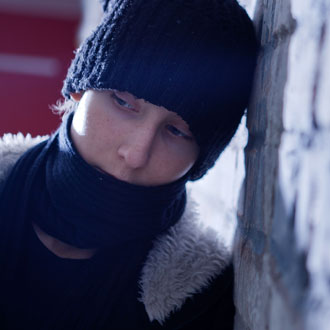GPs urged to avoid antidepressants in children due to suicide concerns

GPs should avoid prescribing antidepressant medication to children and adolescents where possible, after researchers found more aggressive and suicidal behaviour connected to use of SSRIs and SNRIs than previously reported.
The team, from University College London, conducted a meta-analysis of 70 clinical trials of antidepressant drugs and found that antidepressants double the risk of suicide and aggressive behaviour in children and teenagers – although they found no relationship in adults.
However, the researchers said they believe that the numbers identified in their analysis may underestimate the true risks, because industry trials have under-reported serious harms and withheld patient data.
This means that the risk of these and other potential harms such as suicidal thoughts and akathisia – a movement disorder associated with a feeling of restlessness – cannot be properly estimated.
NICE already advises against prescribing paroxetine specifically in adolescents and children as it causes a significant increase in the risk of harms, including suicidal ideation and behaviour. However, the latest findings suggest the harms could be more widespread.
In one example highlighted by the paper, a patient receiving fluoxetine – the current first-line pharmacotherapy option for children and young people according to NICE – had their suicide attempt misreported as ‘elevated liver enzymes’ in adverse events data.
The researchers concluded that the lack of data for serious harms means that the true risk for using antidepressants is still largely unknown, and recommended only minimal use of the drugs in children and teens.
They wrote: ‘We suggest minimal use of antidepressants in children, adolescents, and young adults, as the serious harms seem to be greater, and as their effect seems to be below what is clinically relevant.’
NICE currently recommends antidepressants should only be used cautiously in young people, in combination with psychological therapy in children over 12, and only once psychological therapy has failed in younger children.
Pulse July survey
Take our July 2025 survey to potentially win £1.000 worth of tokens

Visit Pulse Reference for details on 140 symptoms, including easily searchable symptoms and categories, offering you a free platform to check symptoms and receive potential diagnoses during consultations.













